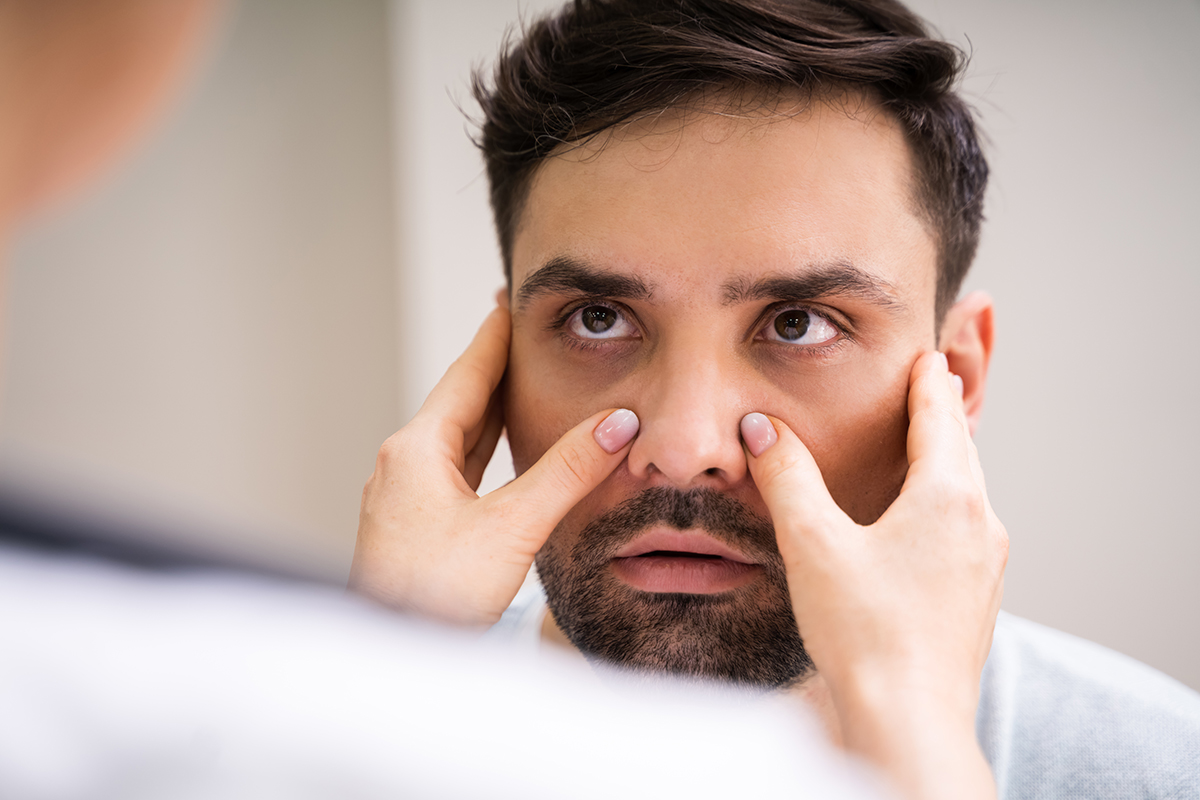Gardening With Allergies
Are you dusting off the lawnmower? Are gardening clogs your regular footwear from March through October? Are you sore all season from stooping, seeding, and weeding? According to the National Gardening Association, approximately 40% of households in the U.S. are involved in vegetable and flower gardening. Even more households—two out of three in the U.S.—landscape, mow and do other outdoor work.
For the more than 35 million Americans with seasonal allergies, a lawn or garden can mean endless sneezing, itchy eyes, congestion and a scratchy throat, and sometimes, asthma episodes. If gardening with allergies is challenging, there are steps you can take to continue enjoying your hobby. Allergy sufferers need to be selective in their choice of flora, as some plants are much worse in provoking allergies. Choosing the right plants, trees, shrubs and grasses is essential.
Identifying Plants That Cause Allergic Reactions
To avoid symptoms, allergy sufferers should first identify the plants that cause their allergies. Skin testing by an allergist can determine which allergens trigger reactions. Allergists can help you develop strategies to avoid plants that cause allergies and can prescribe medications to alleviate symptoms. The book, Allergy Plants by Mary Jelks, M. D., is an excellent resource for plant identification and is available through area bookstores.
Allergy experts have found that some plants cause fewer reactions than others. For instance, maple trees can cause problems for those allergic to its pollen. Other trees, such as apple trees, cause few allergic reactions. Apple trees have large, waxy flowers with pollen that is too heavy and sticky to float through the air and cause an allergic reaction.
Weeds such as ragweed, marsh elder, pigweed and Russian thistle are common in the Houston area and are highly allergenic. In most cases, weeds are unavoidable. Allergists recommend wearing a mask when gardening, leaving all gardening tools, including clothing, outdoors, and showering immediately after working outdoors to help control allergic reactions. Mold counts increase throughout the day and are higher when there is rain or other high moisture conditions.
Taking steps to avoid planting allergy-inducing plants near your home can help make gardening with allergies possible. Those who sufferer may continue their hobby and enjoy being outdoors from spring through fall by gardening plants to help with allergies.
What to Plant, What to Avoid
The following trees, shrubs, plants and grasses have been found to be better for people with allergies:
- Apple
- Alyssum
- Azalea
- Begonia
- Boxwood
- Cacti
- Cherry
- Clematis
- Columbine
- Crocus
- Daffodil
- Dahlia
- Daisy
- Dogwood
- Dusty Miller
- Geranium
- Hibiscus
- Hosta
- Hyacinth
- Hydrangea
- Impatiens
- Iris
- Lilac
- Lily
- Magnolia
- Narcissus
- Pansy
- Pear
- Petunia
- Phlox
- Plum
- Roses
- Salvia
- Snapdragon
- St. Augustine
- Sunflower
- Tulip
- Verbena
- Viburnum
- Zinnia
Allergy sufferers should avoid these trees, weeds and grasses:
Trees
- Alder
- Ash
- Aspen
- Beech Birch
- Box Elder
- Cedar
- Cottonwood
- Cypress
- Elm
- Hickory
- Juniper
- Maple
- Mulberry
- Oak
- Olive
- Palm
- Pecan
- Pine
- Poplar
- Sycamore
- Walnut
- Willow
Grasses and Weeds
- Bermuda
- Fescue
- Johnson
- June
- Orchard
- Perennial Rye
- Redtop
- Saltgrass
- Sweet Vernal
- Timothy
Contact for Appointment
If you would like more information regarding allergic reactions after gardening, please call our central appointment desk (713) My-Sinus or (713) 697-4687 and schedule an appointment with one of our specialists in the greater Houston area.



